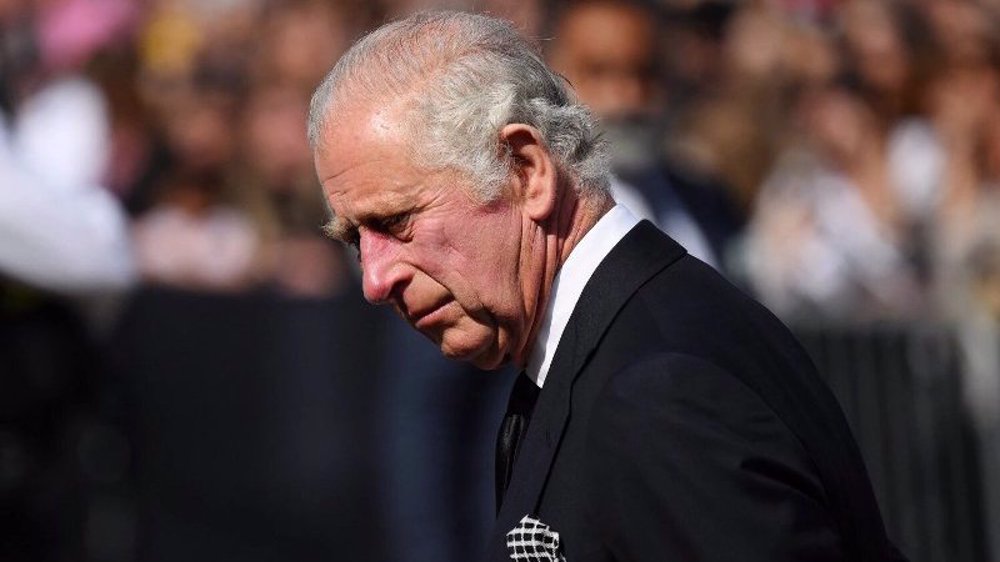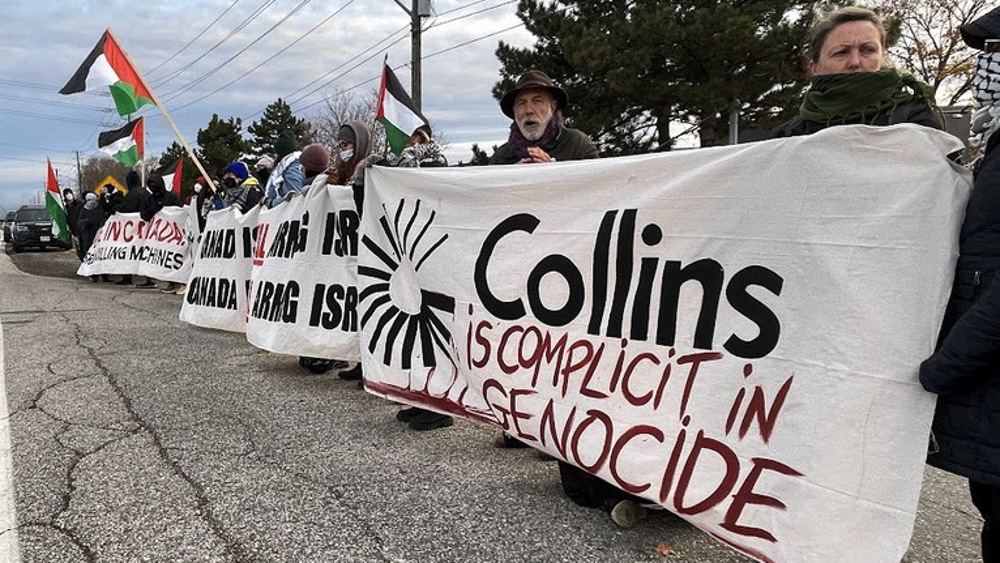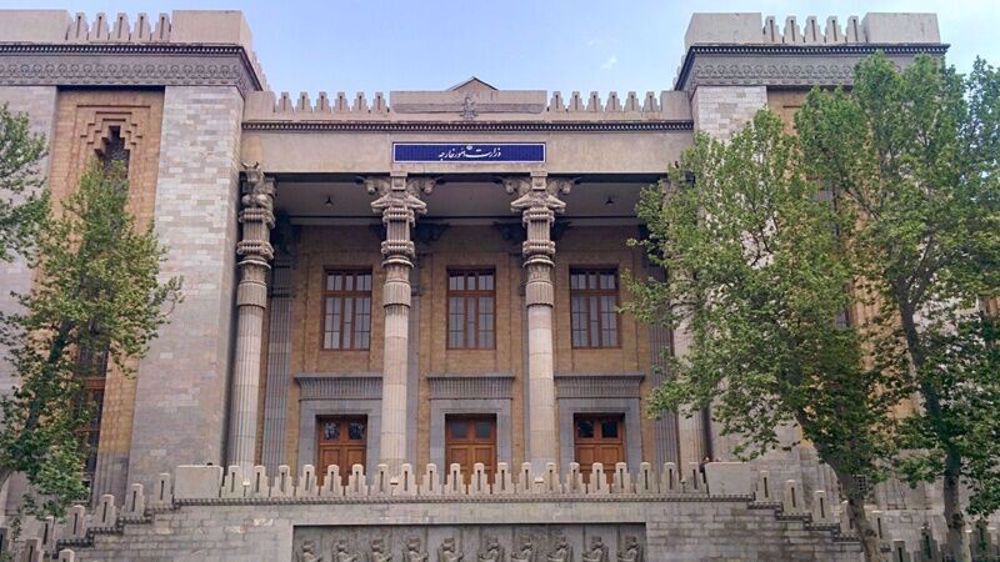Militants behead Canadian hostage in Philippines
A Canadian hostage has been beheaded by members of the Abu Sayyaf militant group in the Philippines, sparking fears over the fate of 20 other hostages held on remote islands.
The head of John Ridsdel, 68, was found on Monday outside the city hall on the island of Jolo, which is the stronghold of the militant group.
He was kidnapped from a marina near the city of Davao with three others, another Canadian, a Norwegian and a Filipino, by Abu Sayyaf militants last September.
Six weeks later, the gunmen released a video that showed the four being held in a jungle and demanded a ransom of $21 million for each of the hostages. They later reduced the ransom to $6.4 million for each.
In a recent video, Ridsdel said the militants would kill him if they do not receive the ransom until 15:00 local time April 25.
Police said two men on a motorbike dropped a plastic bag containing Ridsdel’s head near the city hall hours after the deadline expired.
Ridsdel was a former mining executive and was reportedly on vacation in the Philippines when abducted.
Canadian Prime Minister Justin Trudeau condemned the execution, saying, “This was an act of cold-blooded murder and responsibility rests with the terrorist group who took him hostage.”

He said the Canadian government was working with Filipino officials to pursue and prosecute militants, and that both sides were trying to secure the release of other hostages.
Officials say that Abu Sayyaf, which is notorious for kidnappings for ransom, beheadings and bombings, is currently holding some 20 foreign hostages.
In October 2014, the militant group claimed it received $5.3 million in exchange for two German hostages they held captive for six months.
Abu Sayyaf members are in constant clashes with the Philippine forces across the troubled region. It has been blamed for several kidnappings in the past, including of foreign tourists.
Two major commanders of Abu Sayyaf expressed last year their support for the Daesh Takfiri terrorists based in Iraq and Syria.
Abu Sayyaf itself, which is listed as terrorist by both the United States and the Philippines, was once regarded as an offshoot of al-Qaeda.
Diplomat discourages recourse to pressure, intimidation, confrontation against Iran
UN: 2024 deadliest year for aid workers amid genocide in Gaza
Gaza health official warns of hospital shutdowns within 48 hours
Israel kills 5 more paramedics in southern Lebanon: Health ministry
Iran to launch ‘new, advanced’ centrifuges in response to IAEA resolution: AEOI
Yemen fires hypersonic missile at Israeli airbase
VIDEO | New Delhi chokes under toxic smog as air quality remains at hazardous levels
VIDEO | Press TV's news headlines










 This makes it easy to access the Press TV website
This makes it easy to access the Press TV website